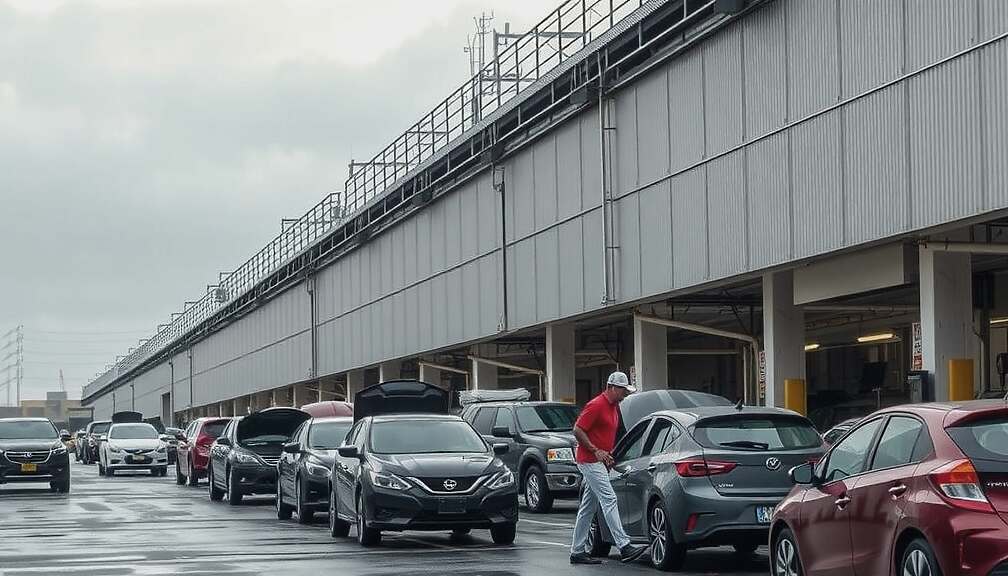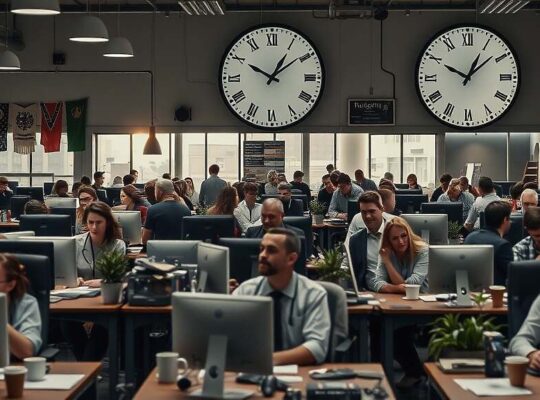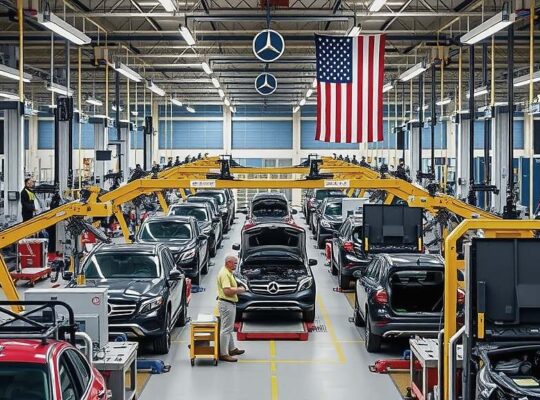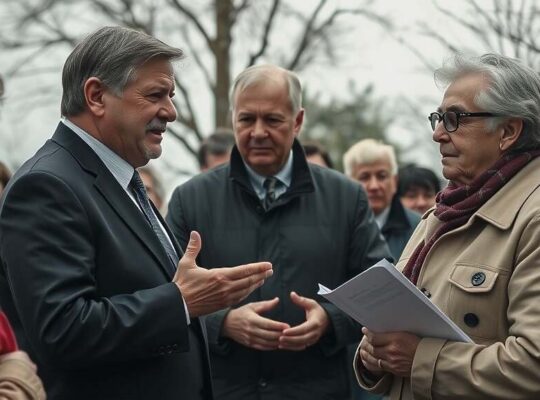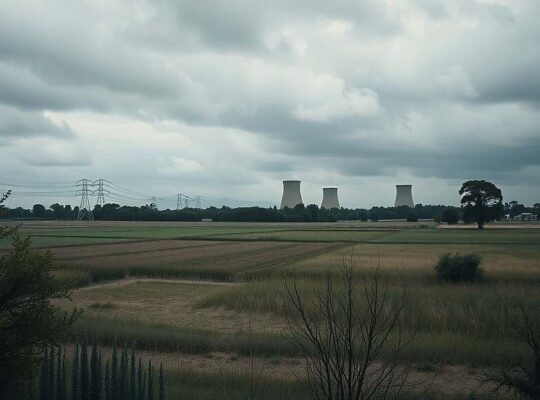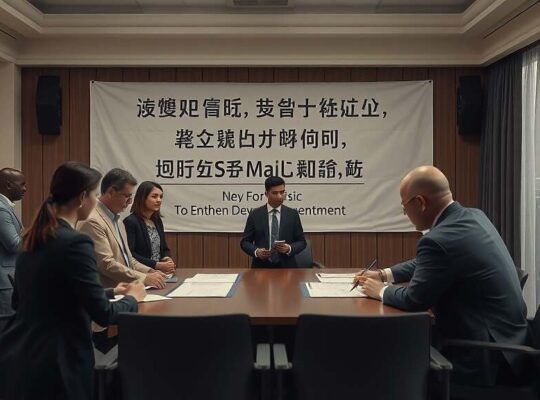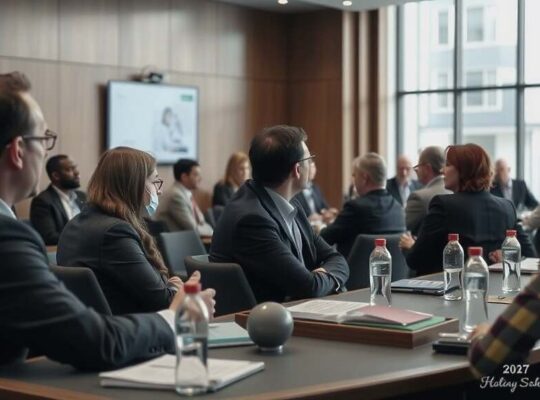The Volkswagen plant in Zwickau, a cornerstone of Germany’s electric vehicle production, will enter a short-time work scheme starting next Wednesday, October 29th, due to a critical shortage of semiconductor chips. The move, announced during a staff meeting, follows a pointed letter from the IG Metall union directly challenging Volkswagen’s leadership.
The union’s letter, reportedly seen as a sign of escalating frustration among employees, accuses management of failing to adequately secure the long-term viability of the Zwickau facility. It claims a perceived lack of commitment in safeguarding the site’s future, raising concerns about ongoing investment and strategic planning. The union demands answers from the corporate leadership, asserting a debt owed to the workforce.
The current crisis is significantly exacerbated by China’s recent decision to halt the export of key semiconductors. This restriction directly impacts Nexperia, a crucial supplier to German automakers, further constricting the already strained supply chain. While Volkswagen has publicly acknowledged the chip shortage, the IG Metall’s criticism suggests a deeper-rooted discontent regarding the company’s preventative measures and proactive strategies to mitigate potential disruptions.
The situation highlights a broader political vulnerability for Germany’s automotive industry, heavily reliant on global supply chains and increasingly exposed to geopolitical risks. The Chinese export ban isn’t merely a logistical hurdle but potentially a calculated move that could pressure Berlin to reconsider its stance on issues ranging from trade to human rights. The short-time work program at Zwickau, therefore, signifies not just a production slowdown, but a stark warning about the fragility of Germany’s economic independence and the consequences of over-reliance on potentially unreliable international partners. The incident is fueling a renewed debate within German government circles concerning the urgent need for reshoring critical industries and diversifying supply dependencies.


